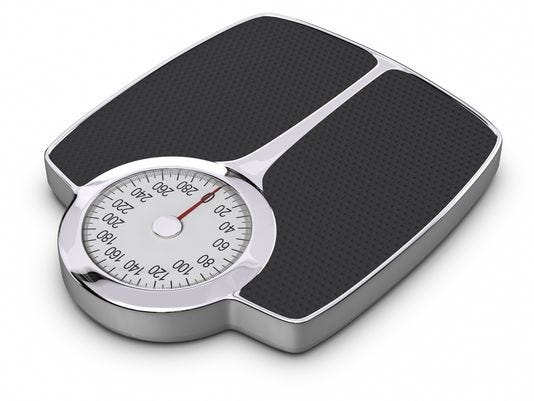
Getting people to lose weight and keep it off is extremely hard, and some research has shown that over time many dieters regain most of the weight they've lost.
Some people don't view obesity as a disease but as a condition caused by poor choices, says obesity researcher Donna Ryan. They think that obese people can simply eat less and exercise more to lose weight. They believe it's all about "personal choice," but the research shows that the biology of obesity is not that simple, she says.
During the weight-loss effort and after a person loses weight, there's a cascade of biological responses in their body designed to thwart weight loss and return them to their pre-diet weight levels. For example, leptin, the driver of fullness hormones, plummets; the hunger hormone ghrelin goes up and other appetite signals start "raging," which makes dieters feel really hungry, she says.
"Leptin is a big driver in obesity," Ryan says. "If you lose 15% of your body weight, leptin is going to drop by 65%, which means your body thinks it's starving.
"On top of that, your metabolic rate (the calories you burn at rest) is lower. If, say, you lose 10% of your starting weight, your metabolic rate is reduced by 20% because your thyroid hormone drops," she says.
But there are ways to combat your biology, she says. Research shows that people who successfully lose weight and keep it off do enough physical activity each day to burn up about 450 calories to compensate for their lower metabolism, Ryan says. You've really got to really move. "This is not strolling around with the dog."
No comments:
Post a Comment